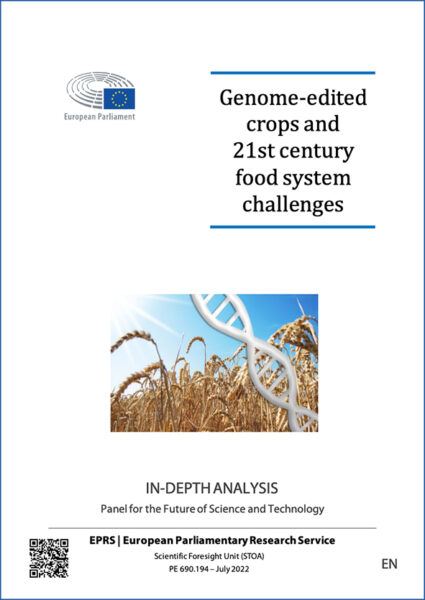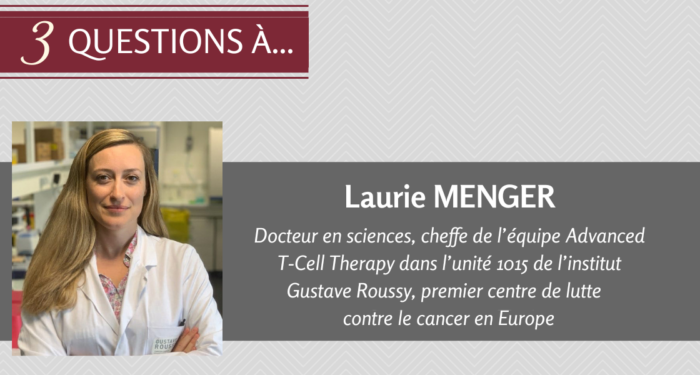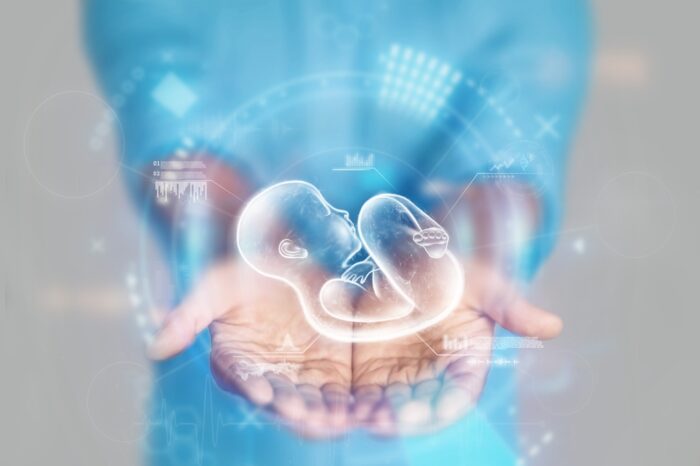Engineering is no longer content with reducing physical effort or the life sciences with curing our bodies and increasing health. Together they are setting out to create copies of human beings and societies, to produce intelligent machines and, quite soon, human clones, copies of individuals or even perfect beings.
What is there, in that case, that is specifically human, that distinguishes us now from machines with artificial intelligence and that might in future distinguish human beings from the clones whose production seems unavoidable?
Victor Scardigli makes a sharp distinction between computer science and biotechnology, even though he notes that both are driven by irresistible forces, albeit at different speeds. He stresses the progress achieved in the field of artificial intelligence while at the same time emphasizing that the results can never be on a par with human intelligence, basically for three reasons: the extreme non-logical complexity of the human mind, intentionality, and the cultural and symbolic dimensions.
Scardigli is clearly far more worried about the advances in biotechnology, especially those that are already making it possible to produce clones of animals and that will undoubtedly lead to human cloning. Even though he insists that human beings cannot be reduced to – and therefore cannot be imitated by – thinking machines or a collection of specific genes, even though he acknowledges that individuals shape their identity through their own experiences which would differ from those of a clone, Victor Scardigli urges us to greater vigilance with regard to the progress of these technosciences, while stressing those features that, in his view, will remain peculiarly human.
L'homme, entre ordinateurs et clones
Cet article fait partie de la revue Futuribles n° 283, fév. 2003



